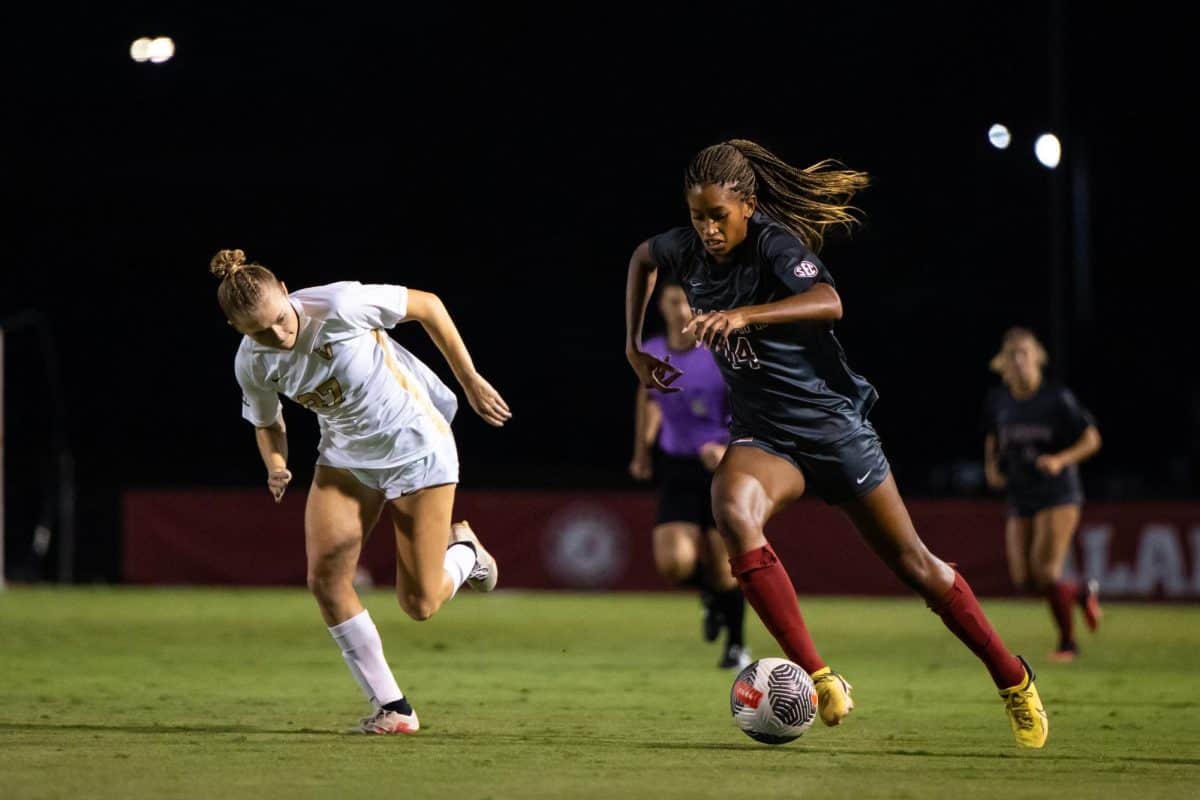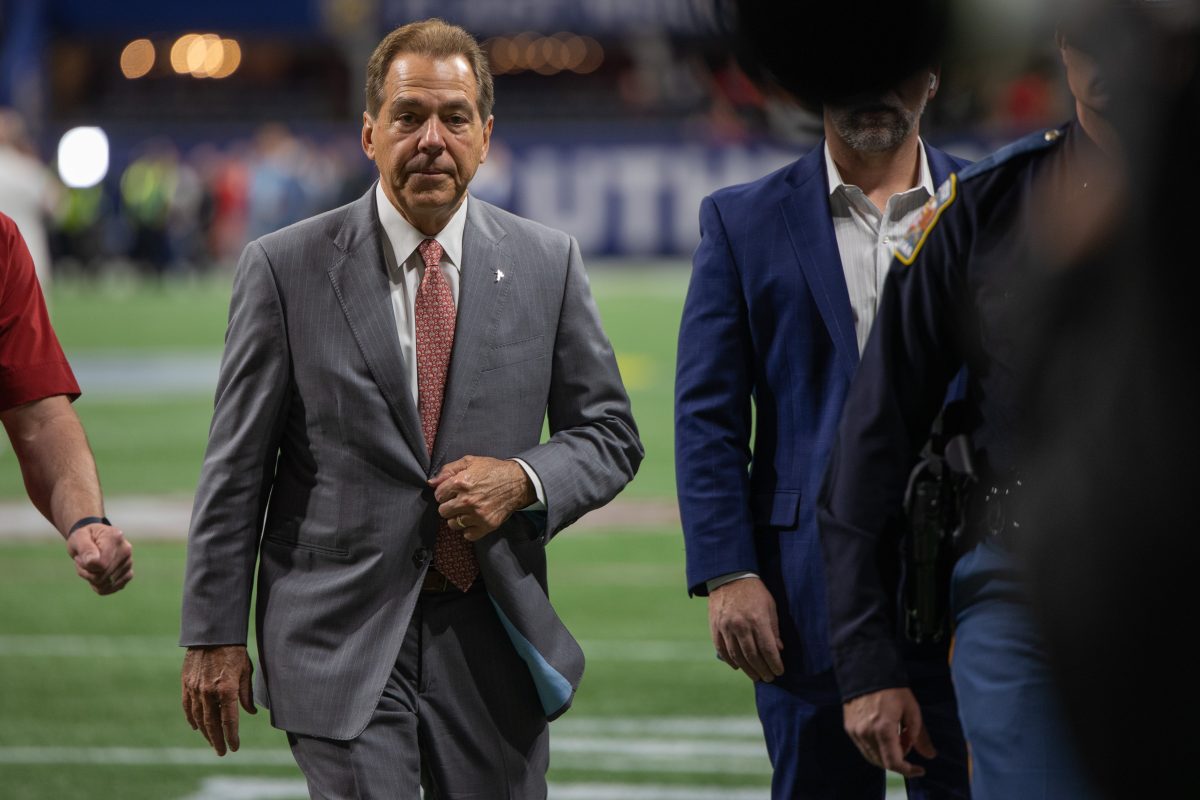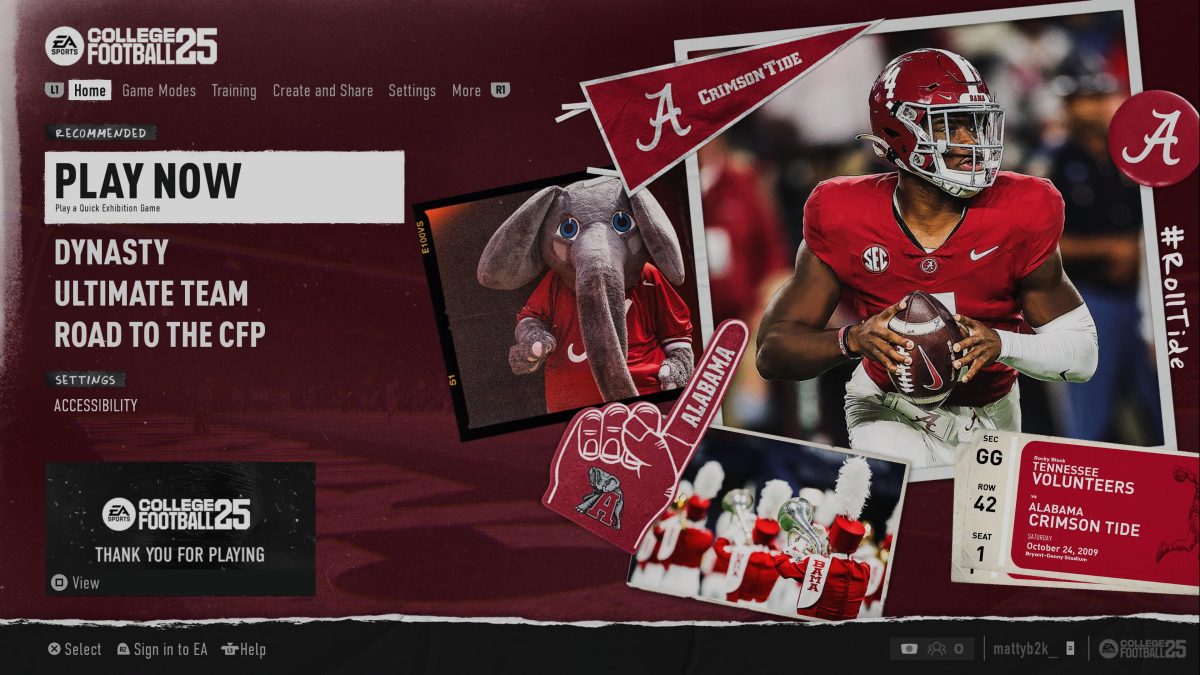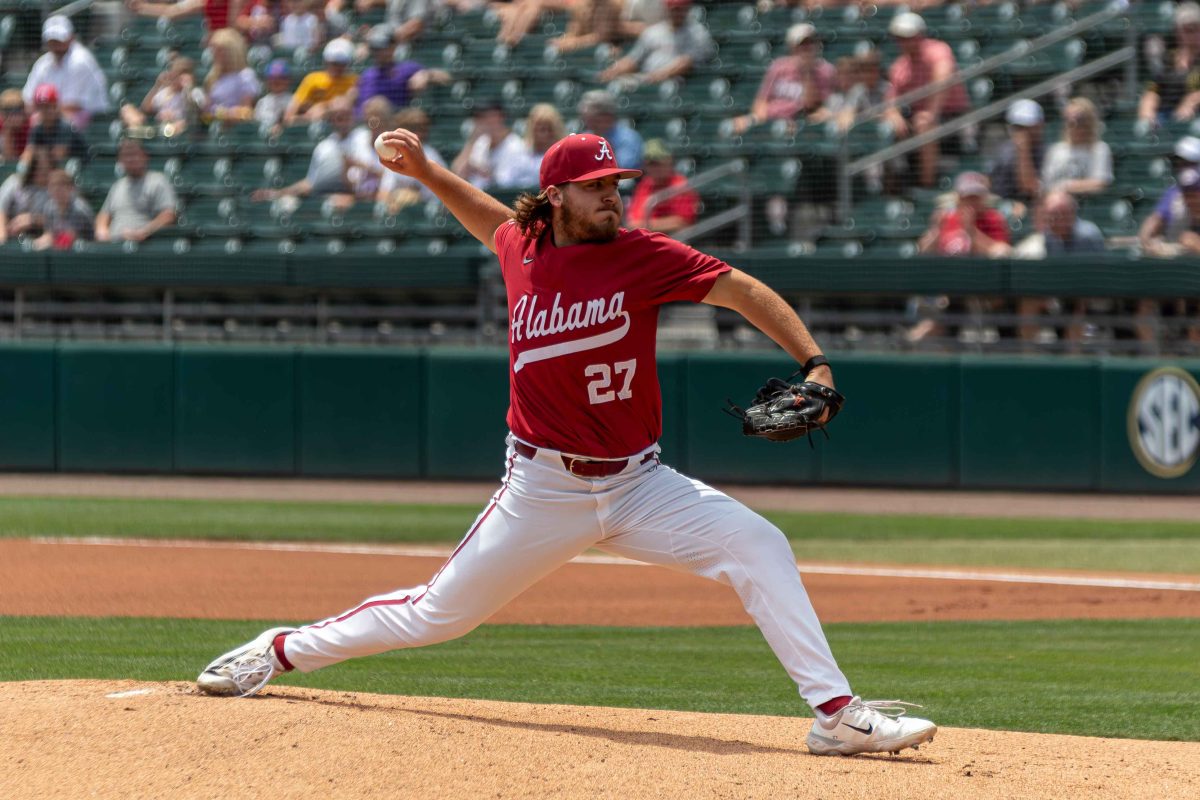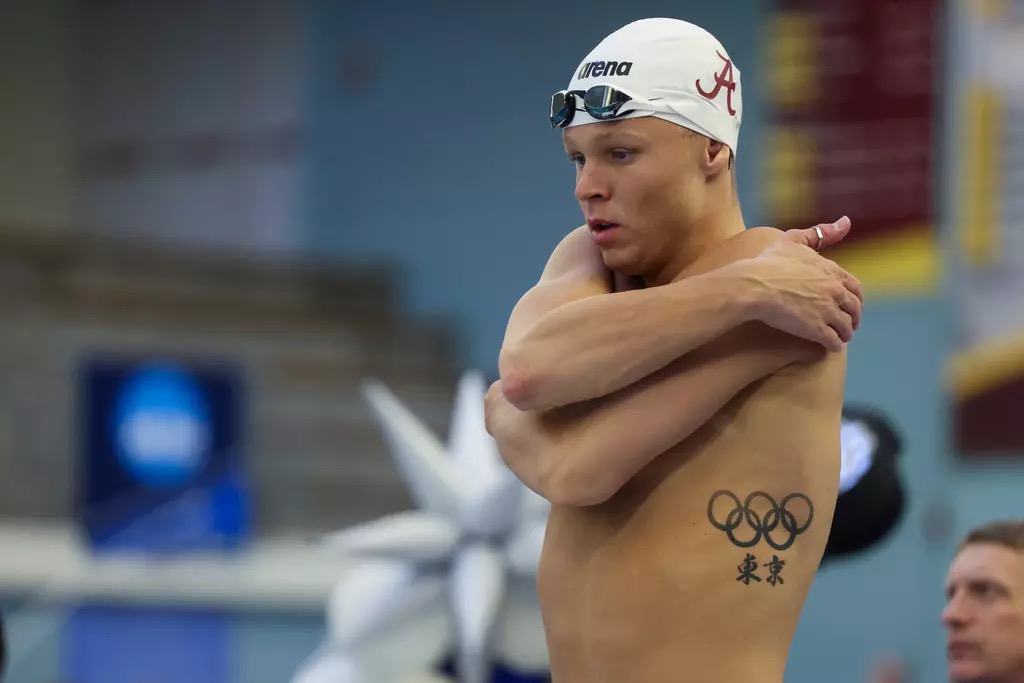The big debate in college athletics right now is whether or not athletes should be paid to play. This debate isn’t likely to be settled for a long time, and in the meantime athletes are still going to be tested with the temptation of taking money from agents. Some will give into the temptation but then go on to play professionally without anyone being the wiser.
But then there are others like Arian Foster, the running back for the Houston Texans who just admitted a few weeks ago in the documentary “Schooled: The Price of College Sports” to taking money from an agent during his senior year at the University of Tennessee.
Rule violations such as Foster’s are potentially a university’s worst nightmare. USC is still feeling the effects of the NCAA’s punishment in the case of former Heisman Trophy winning running back Reggie Bush, who accepted money from an agent in 2005. As part of USC’s punishment, their 2004 national title and entire 2005 season were vacated, they faced a two-year postseason ban and lost a total of 30 scholarships. Last week, USC was turned down in a meeting with the NCAA in an attempt to get these sanctions reduced.
But what about Bush? He was banned from a campus he had no intentions of returning to, and his name was removed from the university. Bush’s Heisman Trophy was vacated, and he volunteered to return his copy of the trophy to the Heisman Trust. He committed the violation, but the real punishment went to USC for not catching one of their hundreds of athletes making a mistake. After leaving USC, Bush was the No.2 overall pick in the 2006 NFL Draft, picked by the New Orleans’ Saints. In March, Bush signed a new four-year contract with the Detroit Lions worth over $16 million. While still a major problem for USC, Bush’s past doesn’t seem to be affecting his future.
He committed the violation, but USC is still the one paying for it. There has still been no word from the NCAA on whether or not they will be investigating Tennessee, but if they do, Foster won’t be worried about facing the consequences; his alma mater will.
Former athletes need to be held accountable for their actions. If the NCAA does eventually punish Tennessee, why should Foster remain unscathed? Foster is currently in the second year of his five-year deal with the Texans and is poised to make more than $43 million. While he did need the money he took in 2008, he makes more than enough now to pay the university or the NCAA back for his violation.
Or, If the NCAA would coordinate with the NFL and other professional leagues, Foster and other athletes could still be punished for their violations. Suspensions and other punishments could go a long way in discouraging current college athletes from accepting improper benefits. Instead, Foster will probably face no punishment, while a struggling Tennessee could face another mountain of violations to overcome.
The big debate should, and will, continue for a long time, but the solution to this problem needs to be solved now.

